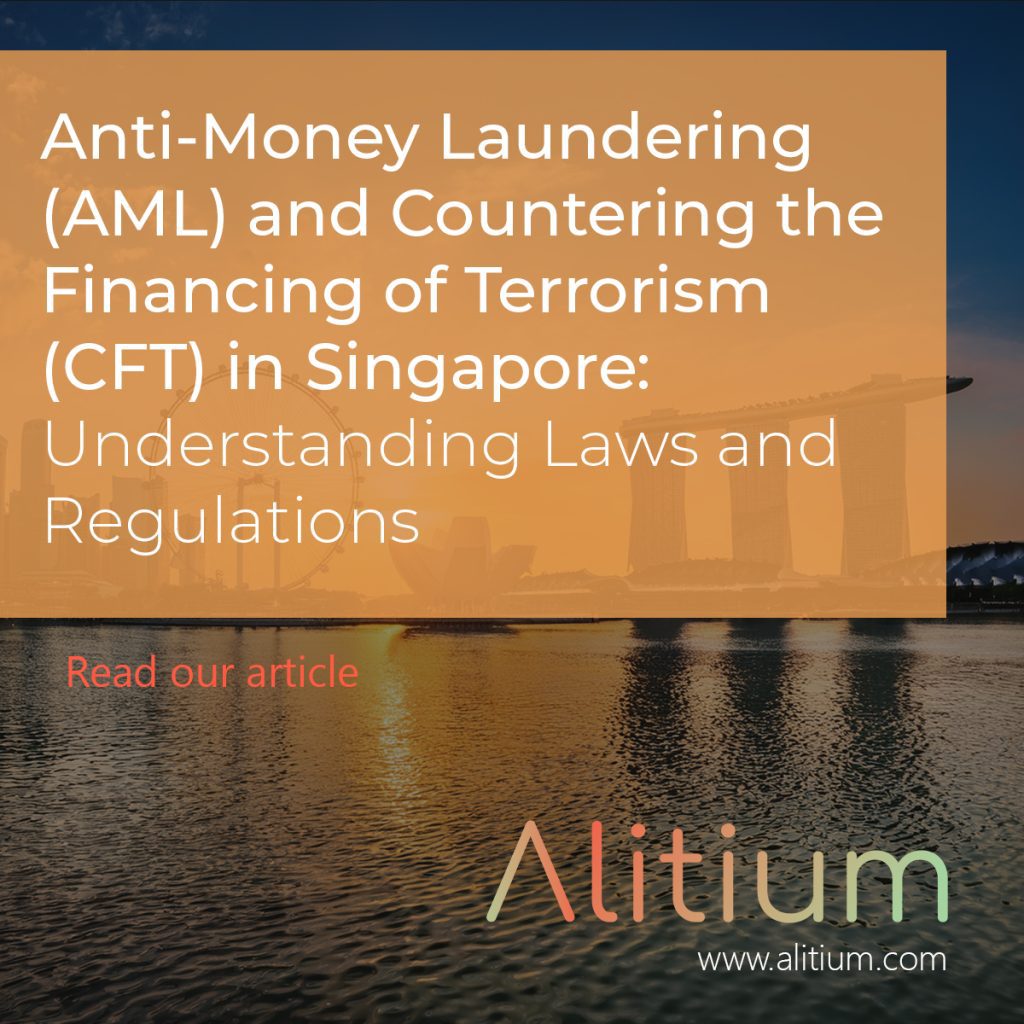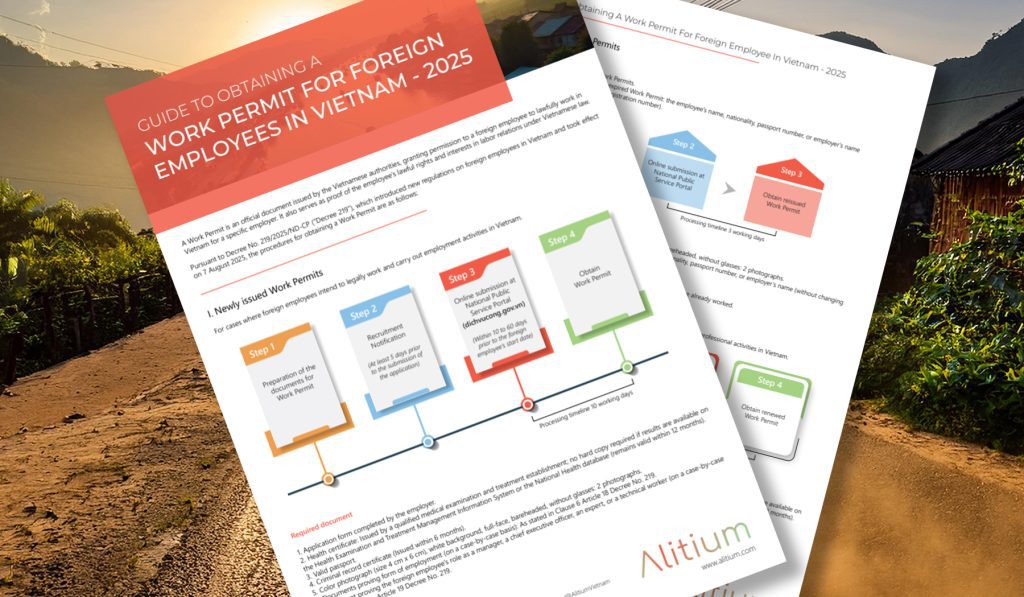Additional Tax Exempt Income Categories for PIT Take Effect From 1 October 2025 in Vietnam
Personal Income Tax (PIT) is an obligation that individuals are required to pay based upon their income. There are ten (10) types of income subject PIT in Vietnam. Among these, income from wages and salaries, along with income from businesses and from capital investment, are the most significant, accounting for the largest components of PIT contributed to the state budget. However, not all income earned by individuals is subject to PIT. In fact, Vietnamese tax laws clearly define several income categories that are exempt from taxation, being not subject to PIT even though they are income. Understanding and correctly classifying these types of income not only helps individuals legally reduce their tax liabilities but also enables businesses to comply with tax declaration and finalization requirements, minimizing risks during audits and inspections.
Current Categories of PIT-Exempt Income
Currently, under Vietnamese law, there are 16 categories of income exempt from PIT. These exemptions cover common cases such as real estate transfers within families, income from certain agricultural production, interest income from banks, pensions, scholarships, and certain other specific types of income. These include:
1. Income from real estate transfers between close family members.
2. Income from the transfer of the sole residential property and land use rights.
3. Income from the value of land use rights allocated by the State.
4. Inherited or gifted real estate between close family members.
5. Income from direct agricultural, forestry, salt production, and aquaculture activities (unprocessed or simply processed).
6. Income from conversion of allocated agricultural land.
7. Interest from bank deposits and life insurance proceeds.
8. Income from overseas remittances.
9. Overtime and nightshift pay exceeding regular working hour compensation.
10. Pensions paid by the Social Insurance Fund.
11. Scholarships from the State or recognized domestic/foreign scholarship programs.
12. Insurance compensation, labor accident payments, and other legally mandated compensations.
13. Donations received from licensed charitable organizations.
14. Foreign aid received for humanitarian or charitable purposes.
15. Income of Vietnamese seafarers working for international shipping companies.
16. Income earned from offshore fishing operations providing goods or services at sea.
Three additional income categories exempted from PIT, starting 1 October 2025
Building on the existing framework, starting from 1 October 2025, Vietnam’s PIT regime is expanded to include three new categories of tax-exempt income. These updates reflect the country’s push toward an innovative-driven economy and aim to attract talent, capital, and expertise to the science and technology sectors.
Introduced under Clause 3, Article 71 of the Law on Science, Technology, and Innovation 2025, these additions amend Article 4 of the Law on Personal Income Tax 2007 and include:
1. Income from wages and salaries derived from performing tasks related to science, technology, and innovation.
2. Income from copyrights of science, technology, and innovation projects when the results are commercialized under relevant laws.
3. Income of individual investors, experts, start-up founders, and venture capital contributors involved in innovative start-up projects.
These new provisions are expected to stimulate Vietnam’s start-up ecosystem, promote R&D, and encourage commercialization of scientific and technological research, subject to meeting specific requirements.
Exempt PIT for personnel in High-quality digital technology industries from 1 January 2026
Pursuant to Clause 3, Article 49 of the Law on Digital Technology Industry 2025, effective as of 1 January 2026, an additional category of income exempt from personal income tax is prescribed as follows:
Income comprising wages and salaries earned by high-quality digital technology industry personnel shall be exempt from personal income tax for a period of five (5) years from the date of signing the first contract with a Vietnamese agency, organization, or individual, in the following cases:
1. Income derived from projects of the digital technology industry operating within centralized digital technology zones;
2. Income derived from research, development, and production projects of key digital technology products, semiconductors, and artificial intelligence systems;
3. Income derived from activities of training digital technology industry personnel.
Accordingly, ordinary information technology activities (such as those performed by programmers, testers, and software engineers employed in commercial enterprises) remain subject to personal income tax. Exemptions are applicable solely in connection with activities relating to science, technology, and innovation tasks, technology start-ups, or high-quality digital technology industry personnel.
Recommendations
With changes in income exempted from personal income tax from 1 October 2025 and 1 January 2026, employers (enterprises, organizations) should prepare according to the following steps
1. Update HR and payroll policies
• Review positions and personnel involved in science & technology tasks, innovation projects, tech start-ups, or those who may qualify as high-quality digital technology industry personnel.
• Amend salary regulations, labor contracts, or contract appendices to clearly identify income sources, supporting proof of exemption.
2. Manage documentation
• Prepare legal documents evidencing the tax-exempt income (e.g., decisions assigning S&T tasks, certification of start-up projects, recognition of high-quality digital tech personnel).
• Maintain clear separation between taxable income and exempt income to avoid confusion.
3. Apply correct tax withholding and reporting
• When paying salaries, do not withhold PIT for qualifying exempt income.
• In the annual PIT finalization return, declare exempt income separately for the tax authority’s review.
4. Communicate with employees
• Inform staff about the new exemptions, especially those in IT, R&D, or tech start-ups.
• Clarify the specific conditions so employees do not mistakenly assume “all IT income is tax-free.”
5. Monitor upcoming regulations
• As specific criteria (e.g., definition of “high-quality digital technology personnel”) are still being developed in decrees/circulars, Employers should closely monitor for updates to ensure timely and accurate application.
As of 1 January 2026, the number of income categories exempt from PIT in Vietnam will be expanded to 20. The expansion of tax-exempt income categories under Vietnam’s Personal Income Tax law reflects the government’s ongoing commitment to fostering innovation, supporting start-up development, and aligning the tax system with the country’s strategic shift toward a knowledge-based economy.
Both individual taxpayers and businesses should stay updated on these regulatory changes to take full advantage of available tax incentives, ensure compliance, and avoid potential risks during tax audits or inspections. Early preparation and proper documentation, especially when applying for PIT exemptions, will be key to maximizing benefits under the new framework.
For any further questions you may have, please reach out to us at vietnam@alitium.com
********
This article is intended to provide an overview of intellectual property regulations for software. While it aims to present useful insights, it is important to note that the content shared here should not be considered as formal legal, tax or financial advice. For specific guidance on tax obligations or legal matters related to your business, we strongly recommend consulting with a qualified professional, such as a tax advisor or legal expert or directly reach out to us.








